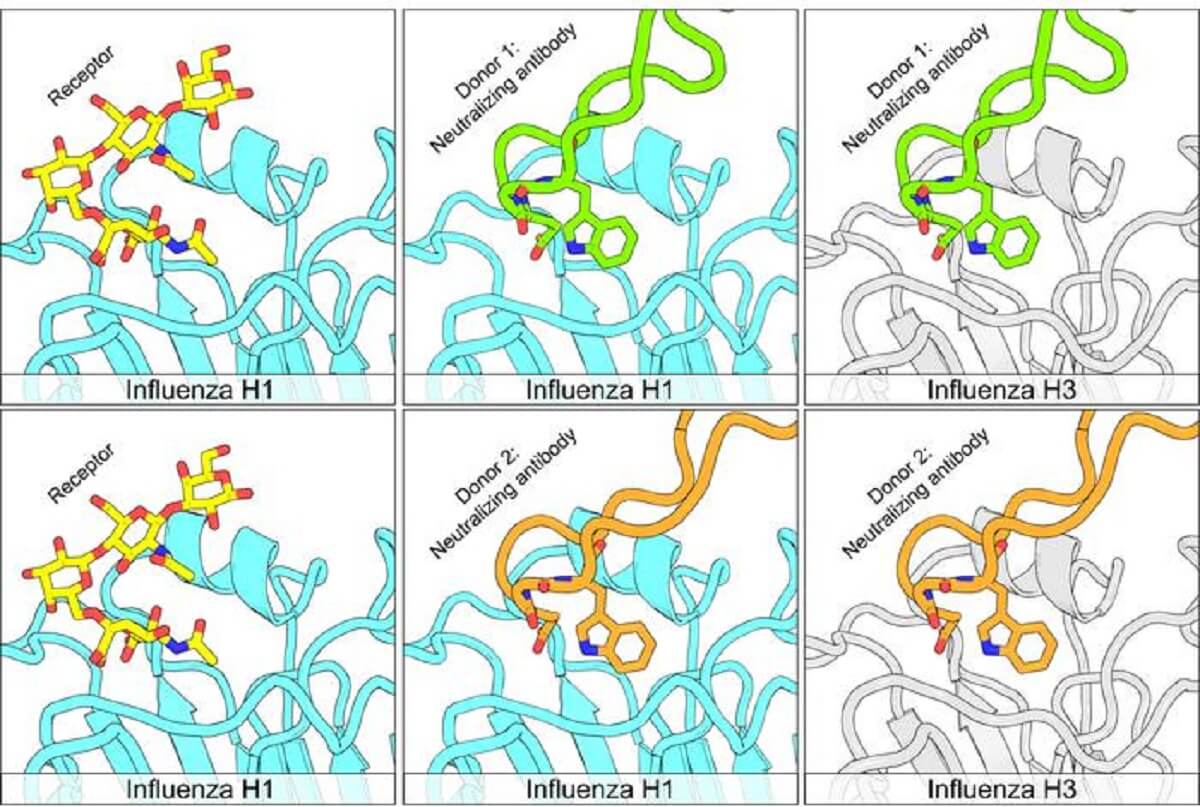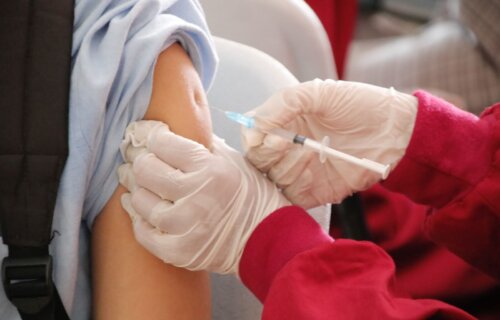PITTSBURGH — The discovery of a new type of antibody that protects against multiple flu strains could bring scientists closer to creating a successful universal flu vaccine. A research team at the University of Pittsburgh School of Medicine identified a previously unrecognized class of antibodies capable of neutralizing various forms of the flu.
Currently, vaccines are developed based on predictions of the most dominant flu strains each year. This discovery could revolutionize that approach, taking the guesswork out of flu season.
Antibodies, which are proteins in the immune system, defend against diseases. Vaccines stimulate the immune system to produce these antibodies. These antibodies attach to flu proteins called hemagglutinin, which prevents the virus from entering human cells. However, as hemagglutinin evolves, it leads to new flu strains that can evade existing antibodies.
Two major flu subtypes, H1 and H3, exist in multiple strains, and scientists have been working to develop a universal vaccine targeting these.

The study notes that while some antibodies can combat H1 and H3 strains, they are ineffective against hemagglutinin with a specific modification known as the 133a insertion. By analyzing blood samples from patients, the researchers have now identified new antibodies that can neutralize H1 and H3 strains, regardless of whether they have the 133a insertion.
“We need annual influenza virus vaccines to adapt to the virus’s ongoing evolution. Our findings suggest that the challenges in creating a more universally protective vaccine might be lower than anticipated,” says Holly Simmons, the lead author and research assistant, in a media release. “With the right sequence of flu virus exposures or vaccinations, humans could potentially develop strong antibody responses against diverse H1N1 and H3N2 viruses. This opens new possibilities for designing improved vaccines.”
The findings are published in the journal PLoS Biology.

